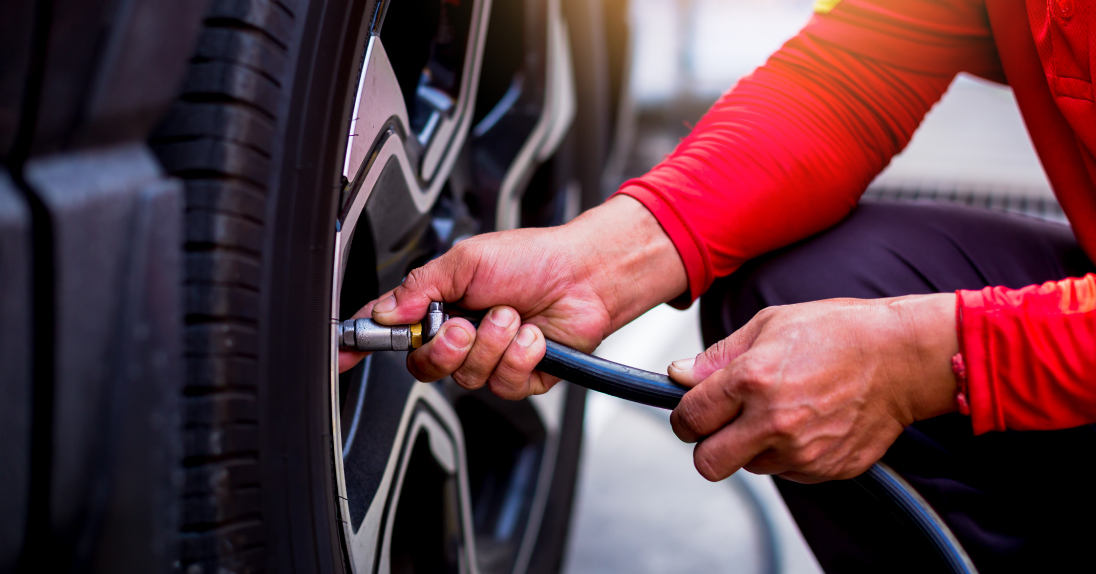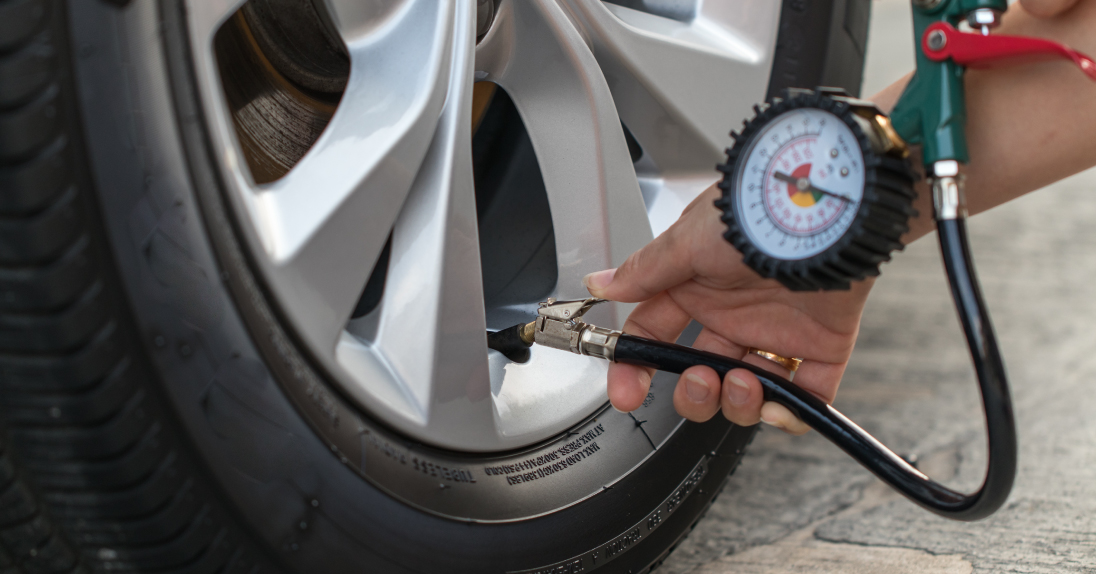Is there an actual benefit to utilizing nitrogen instead of air in tyres, such as improved fuel efficiency, a smoother ride, or longer tyre life? In a way, yes.
Car tyres have traditionally been inflated with pressurized air. Water vapour, CO2, and minor amounts of noble gases such as neon and argon make up the remainder of air, which is 78 percent nitrogen and little under 21% oxygen. There are numerous convincing reasons why some individuals choose to fill their car's tyres with pure nitrogen.

Tyres that are underinflated will wear unevenly, wear out quicker, and reduce your fuel efficiency. Simply said, pure nitrogen performs a better job of maintaining proper tyre pressure, allowing your automobile and its tyres to perform at their best. The recommended pressures for automobiles are listed on the door sill or in the owner's handbook and are measured in pounds per square inch (or psi for short).
Tyres lose pressure over time as the gasses within them permeate through the tyre rubber. According to Chemical & Engineering News, nitrogen accomplishes this 40 percent slower than ordinary air, resulting in more stable tyre pressures over a longer period of time. As oxygen passes through the tyre rubber, it interacts with it, causing a thermo-oxidative process that destroys the rubber over time.

Water (which usually enters in the form of humidity) is very harmful to a tyre. Water, whether in the form of a vapour or a liquid in a tyre, generates greater pressure variations when temperatures change than dry air. Worse, water contributes to the corrosion of the steel or aluminium rim over time.
With nitrogen-filled tyres, water is less of an issue. Any technology capable of delivering pure nitrogen will also be capable of delivering dry nitrogen. Filling tyres with nitrogen entails repeatedly filling and purging the tyre to remove as much oxygen, water, and other gases as feasible.
So those are the advantages. Tyre pressures will be more consistent with nitrogen in the tyres, saving you money on gasoline and tyre maintenance. There will be less moisture in your tyres, which means your wheels will be less corroded. If your tyres were filled with nitrogen (which is generally indicated by green valve-stem caps) and you're low on pressure, don't be scared to top them up with conventional air.